|
SAVE THE DATE(S): May 8 and May 9
Two Lawn Care Events to Inspire a Shift to Cleaner, Greener Landscaping On May 8 from 10-1 p.m., landscape professionals are invited to join Quiet Communities Founder Jamie Banks, an environmental health scientist, and American Green Zone Alliance (AGZA) President Dan Mabe at Cary Memorial Hall, 1605 Massachusetts Ave, in Lexington, for education, a discussion about the economics, and a demo of the latest equipment. Lunch will be served. Look for more details, including an announcement about an equipment giveaway very soon. And on May 9 from 7-8:30 p.m., join residents of Wellesley and Lexington via Zoom for a panel discussion to learn about why transitioning away from harmful landscaping practices that routinely include loud, polluting fossil fuel-powered equipment is urgent. The conversation will include ways communities nationwide are insisting on change and working with landscape contractors to support a shift to electric equipment and a chemical-free approach that is healthier for children, pets, and equipment operators. Hear success stories from other communities, understand the challenges and the benefits from a landscape professional's point of view, learn about the full extent of the impacts of noise and related pollution on public health and the environment, and much more. Stay tuned for more details. Questions? Reach out to [email protected]. The Wellesley Department of Public Works (DPW) is helping cut carbon emissions with a significant investment in electric landscaping equipment. Starting this week, residents will see this new equipment in use in parks and open spaces and the entire Town will reap the benefits of these positive climate actions.
The department recently expanded its rechargeable battery-powered fleet, using funds from its Fiscal Year 2022 budget to purchase a large EGO riding mower and EGO brand cordless outdoor equipment including: two electric push lawn mowers, a pole hedge kit, six carbon fiber trimmers, and 4 leaf blowers. These new tools are in addition to other small rechargeable equipment like trimmers and leaf blowers that DPW bought in 2020. All are the same make and batteries for the equipment are interchangeable. The purchases were spurred by panel discussions a year ago sponsored by the Town of Wellesley, Lexington DPW, Wellesley Natural Resources Commission, and Sustainable Wellesley in partnership with two nonprofits, American Green Zone Alliance and Quiet Communities, Inc. Look for DPW crews using the new equipment at four established green spaces: Central Park near the Wellesley Square post office, Church Park in front of the Village Church, the Wellesley Police Department grounds, and the Tolles Parsons Center on Washington Street. These high-traffic parklands showcase pesticide-free landscaping and low-maintenance native plantings to foster birds, bees and other useful insects. Because they run on rechargeable batteries, this equipment eliminates fumes and vibrations that are harmful to operators and passersby, and have lower decibel levels to reduce use noise. To keep equipment charged when away from power sources, DPW Director Dave Cohen is mounting charging stations on a trailer. “We are eager to see how this set up works and if the equipment can give crew members the sustained service that is required during long work days,” said Cohen. According to Paul DePhillips, Assistant Superintendent of the DPW Park & Tree division, the team is also considering adding a solar panel to the roof of the trailer to provide some additional charging capability and reduce or even eliminate plug-in charging time. DePhillips’s crew has also added four electric chainsaws. The most expensive piece is the rider electric mower, which retails for about $4,999 and can cut up to two acres on a single battery charge. The motor emits a sound that resembles a ‘faint whine,’ instead of a louder mowing noise. In the coming months, DPW will be collecting data to quantify the benefits of shifting to electric equipment and will present this information to the Town to help inform future decisions about expanding the electric landscaping program. Climate Action in Wellesley The electric landscaping equipment program is helping support the Town’s climate action goals to reduce greenhouse gas (GHG) emissions 50% below 2007 levels by 2030 and reach net-zero by 2050. Wellesley is currently developing a Climate Action Plan that will serve as a roadmap for reaching these goals. To learn more visit https://www.wellesleyma.gov/1584/Climate-Action- Plan. If you missed the Sustainable Wellesley/Wellesley Books discussion with author Paul Greenberg about his inspiring, accessible book, the Climate Diet last week, you can watch it here.
What a treat for our group to hear directly from the author! "Naked food" and "shipped vs. flown" were just a few of the inspirational stories he shared on ways we can address our own household carbon footprints. As Paul says, "everyone can and should do something," and this book offers a wide array of things you can do. He calls this book a "peace offering," for adults and teens/millennials that shares ideas that are not only good for the planet, but good for your health and wallet too. Take some time to read The Climate Diet this summer. Its short, informative and available at the library and the local book store! Then share the book; we all have something to learn. Small gas engines are a leading source of air pollution. Find out why battery powered maintenance equipment is the superior solution.
Join the Electrify Coalition for an important webinar on electric outdoor power tools. We'll be talking with some of the leading experts and advocates for the electrification of the landscape maintenance industry about why this is important, the state of the transition away from gas powered tools, and provide tips on how you can make this transition in your home or community. We will cover:
The Electrify Coalition: Our coalition of non-profits, faith based groups, HVAC contractors, youth groups, builders and energy providers is dedicated to accelerate electrification through education and policy. How do Rain Barrels help our community?
Rain barrels:
ORDER YOUR RAIN BARREL! Rain Barrels are available for purchase by residents at the discounted price of $69.00. Deadline: April 19th, Midnight Visit: https://www.greatamericanrainbarrel.com/community/ Select: Town of Wellesley Pick-Up: April 26th 9:00-3:00pm, Wellesley Town Hall, 525 Washington Street Got Problems with Invasive Shrubs?
Cricket Vlass, Wellesley Town Horticulturist and Landscape Planner, will share ways to identify, remove, and replace them on Tuesday, February 23 from 7-8PM via Zoom. Register in advance here for this virtual educational event: Invasive plants are not only a threat to conservation lands, they also pose a threat in your yard. In this 1-hr Wellesley Conservation Land Trust webinar learn:
This free event is part of the Wellesley Conservation Land Trust Educational Series and co-sponsored by the Wellesley Free Library, Natural Resources Commission and Sustainable Wellesley. Wellesley has added an electric mower to the landscaping fleet!
Due to buy a replacement mower, Wellesley’s Custodial Services Manager Mike Santangelo said the Town opted for an electric model to replace a gas-powered mower after learning about the benefits at the fall Zoom workshops co-sponsored by Wellesley’s DPW and the Town of Lexington and organized with help from the nonprofits American Green Zone Alliance, Quiet Communities, Inc., and Sustainable Wellesley. With research and pricing assistance through a vendor on State contract, Santangelo said shifting to electric seemed like the right choice. An electric leaf blower and hedge trimmer have already been in use as part of a pilot program. Look for the nifty mower buzzing (quietly) around the Warren Recreation Center property once spring arrives. In the meantime, learn more about the electric mower here. |
Categories
All
|
Sign up for updates! |
Contact |
Support us! |
Follow us!Copyright © 2024 By Sustainable Wellesley
|


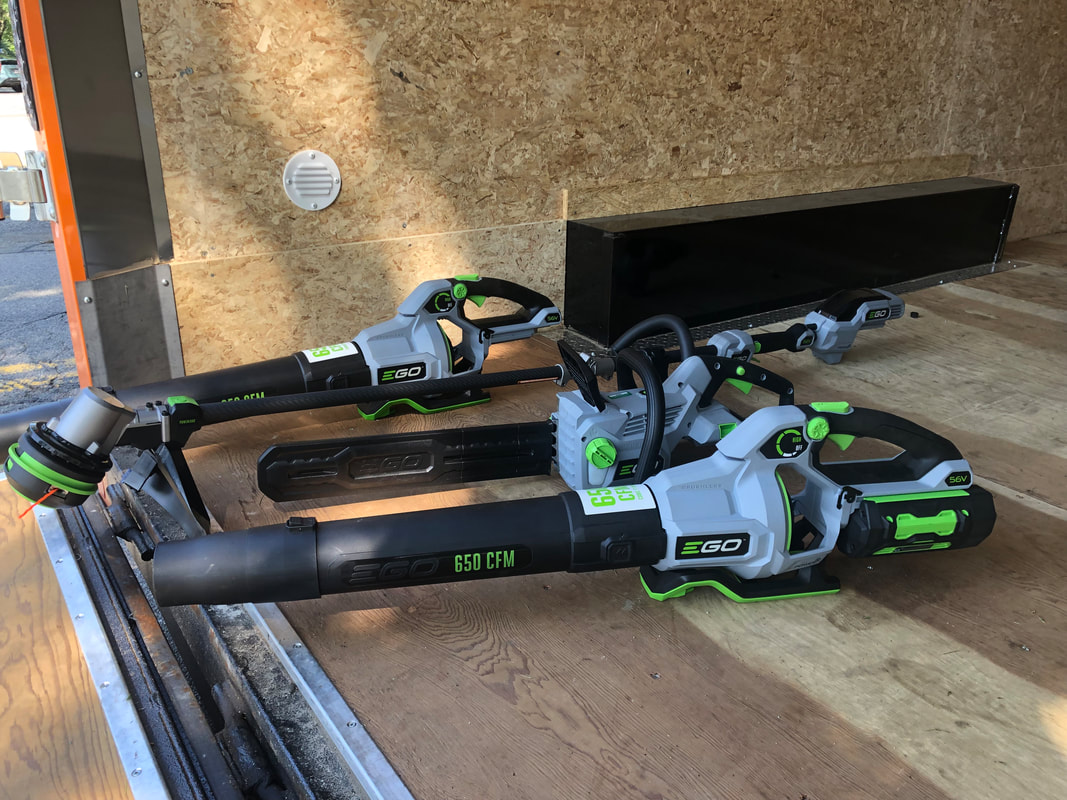
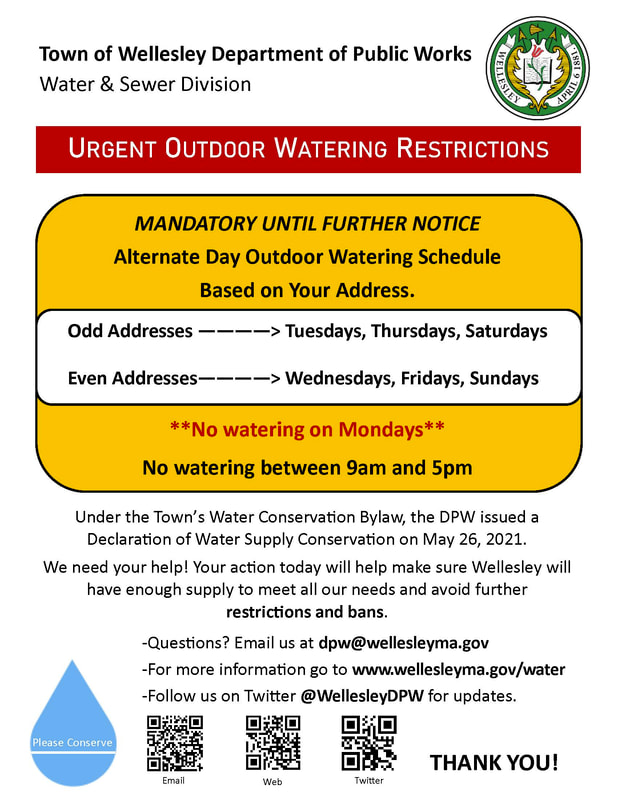
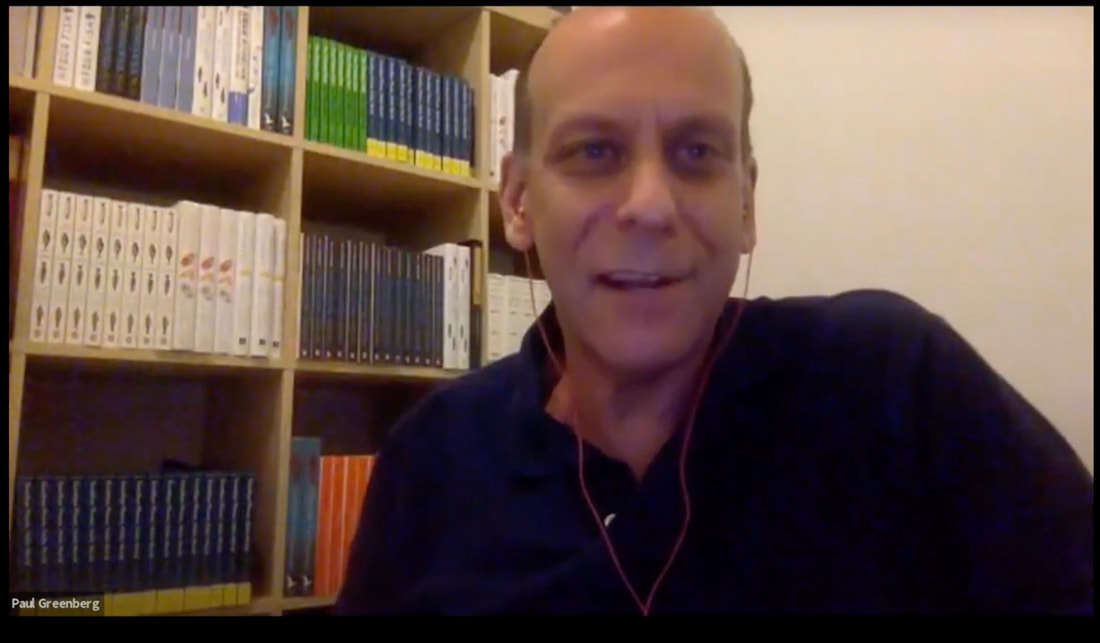
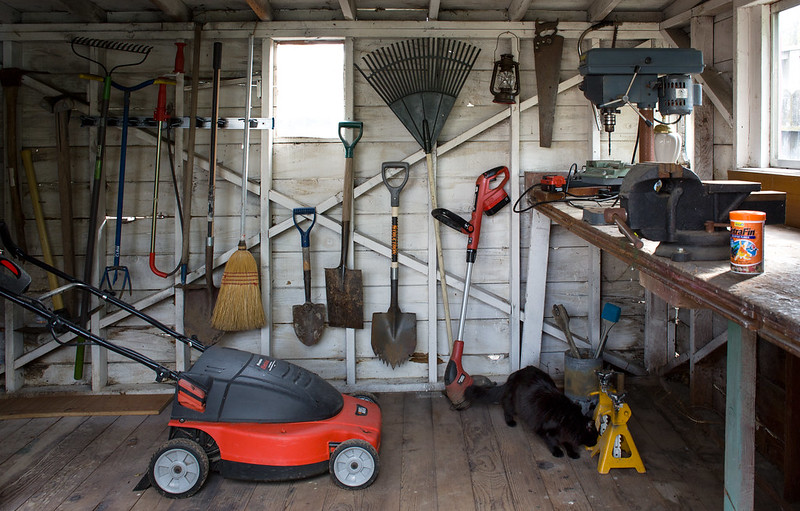
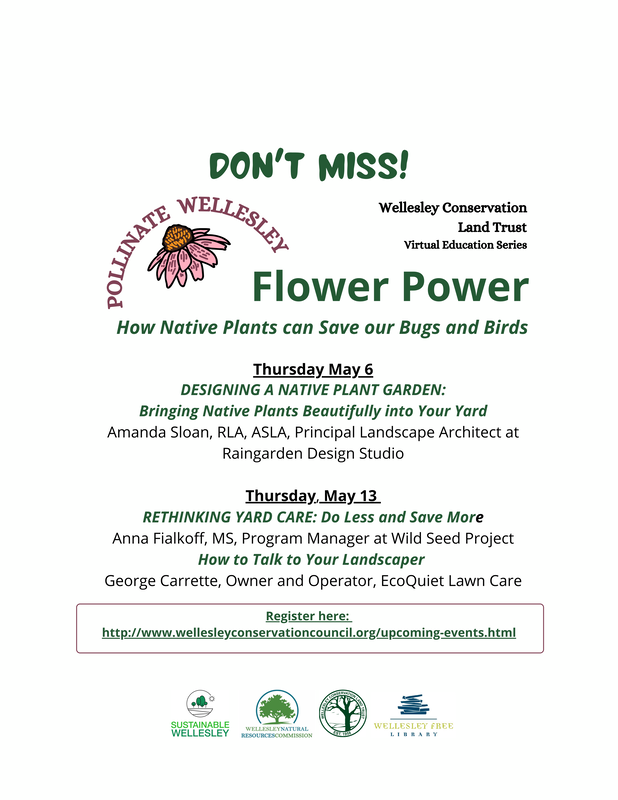
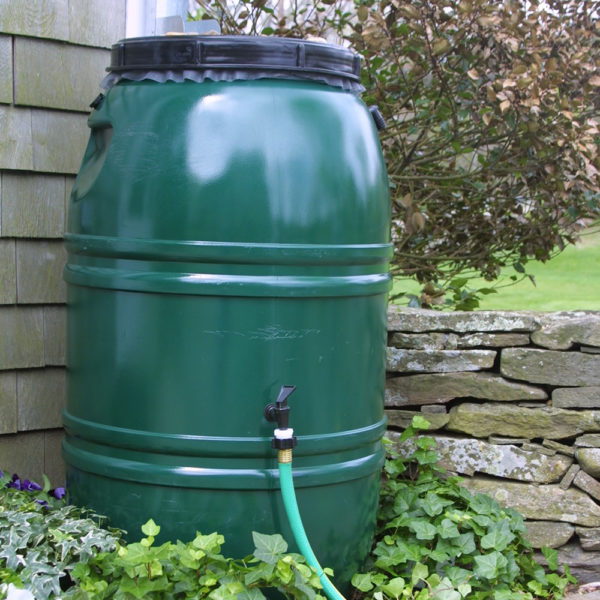
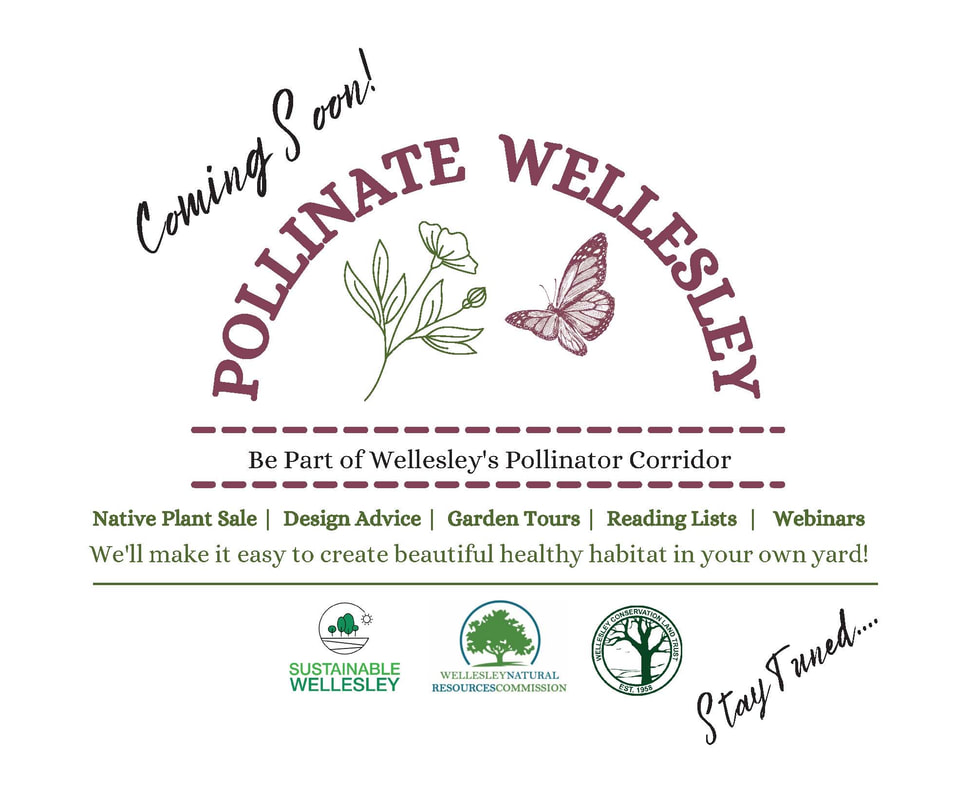
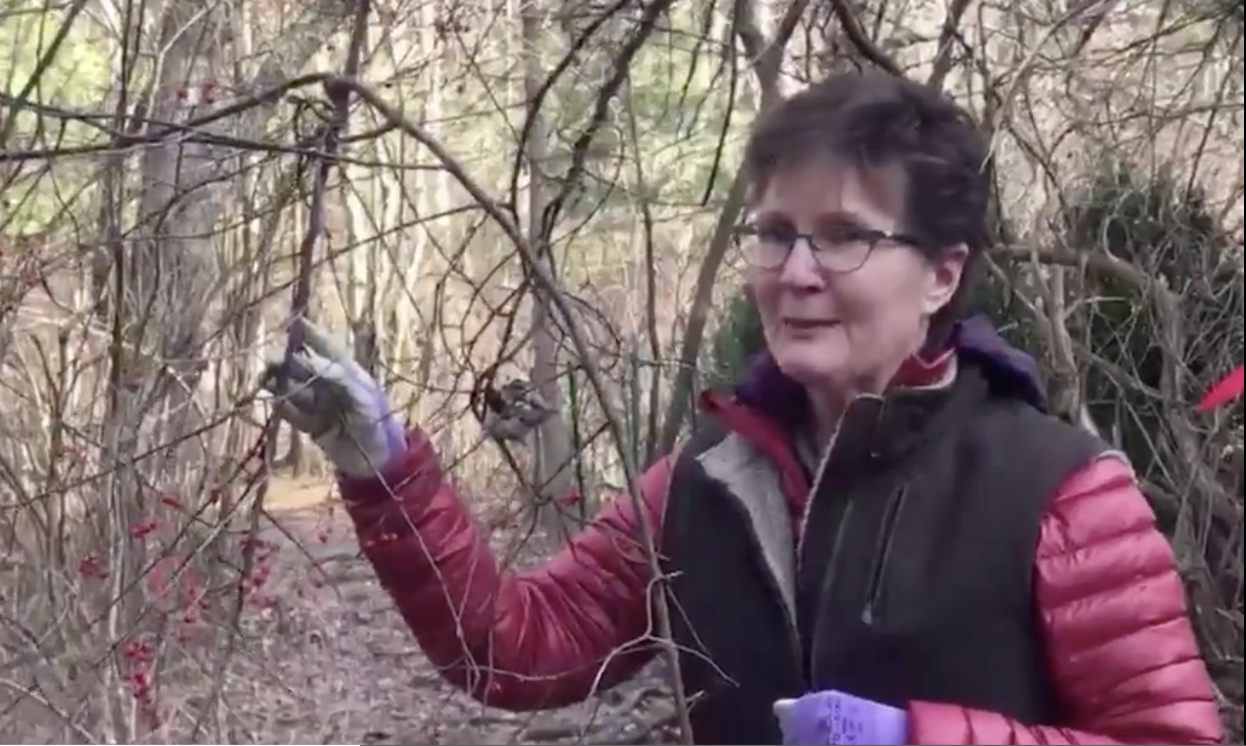
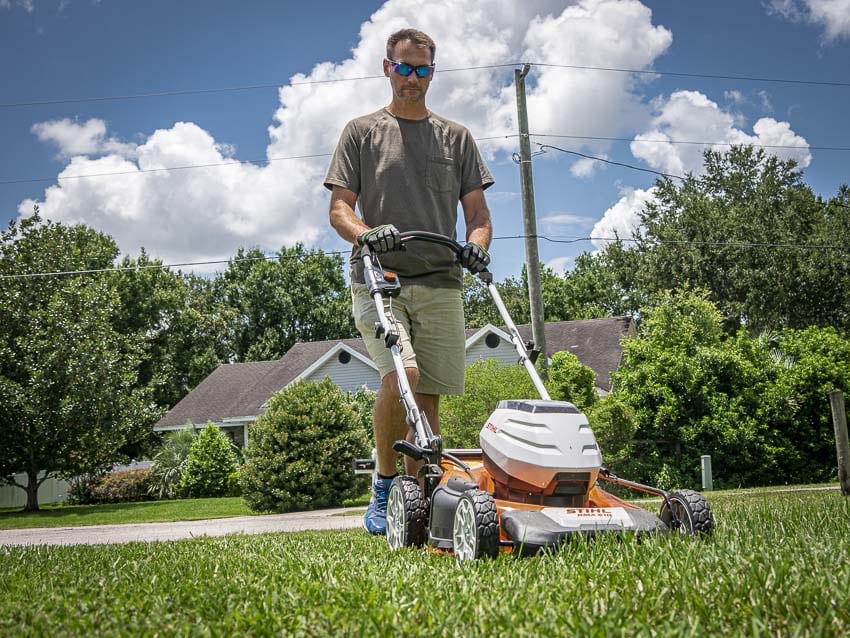
 RSS Feed
RSS Feed